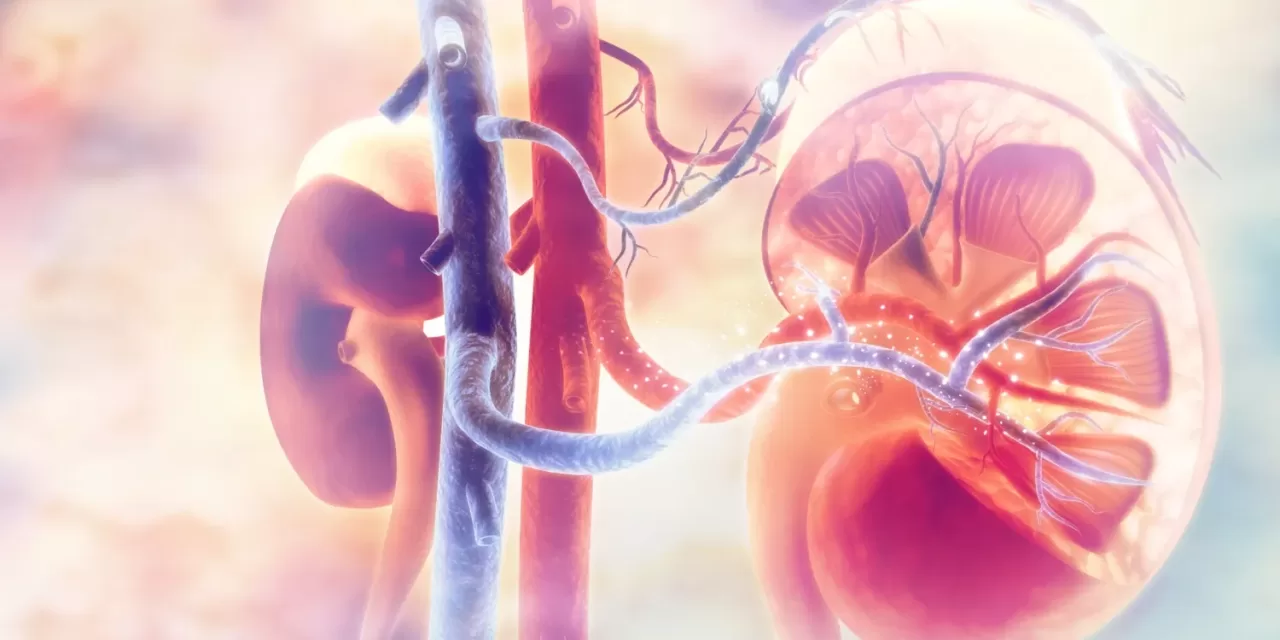Melbourne, Australia – A groundbreaking set of guidelines, developed by researchers at the Murdoch Children’s Research Institute (MCRI), is poised to transform the treatment of complicated urinary tract infections (UTIs) in children worldwide. Published in the Pediatric Infectious Disease Journal, these guidelines, commissioned by the European Society for Pediatric Infectious Diseases, offer a new, standardized approach to managing severe UTIs.
Complicated UTIs, often difficult to diagnose due to their resemblance to common illnesses like the flu, pose a significant risk to children. If left untreated or mismanaged, these infections can lead to serious complications, including abscesses, scarring in the urinary tract, and life-threatening sepsis.
“These guidelines are a world-first, providing a clear and concise framework for clinicians to effectively manage complicated UTIs in children,” stated a spokesperson from MCRI. The new guidelines categorize complicated UTIs into five distinct types, offering tailored treatment strategies for each. This detailed classification aims to reduce variability in care and improve patient outcomes.
The research team meticulously evaluated existing evidence to create high-quality recommendations that address current gaps in clinical practice. By standardizing treatment protocols, the guidelines are expected to minimize unnecessary variations in care and enhance the overall quality of patient management.
“This is a crucial step forward in pediatric care,” explained a lead researcher. “By better defining and managing complicated UTIs, we can prevent long-term complications and significantly improve the quality of life for affected children.”
The guidelines, published in the Pediatric Infectious Disease Journal, are intended to be globally relevant, offering a valuable resource for healthcare professionals worldwide. The specific publication is: Penelope A. Bryant et al, Guidelines for Complicated Urinary Tract Infections in Children: A Review by the European Society for Pediatric Infectious Diseases, Pediatric Infectious Disease Journal (2025). DOI: 10.1097/INF.0000000000004790.
This development marks a significant advancement in pediatric infectious disease management, offering hope for improved outcomes for children facing these severe infections.
Disclaimer: This news article is based on information provided and is intended for informational purposes only. It should not be considered medical advice. Always consult with a qualified healthcare professional for diagnosis and treatment of any medical condition. The research and guidelines discussed are intended for medical professionals and should be interpreted and applied within the context of established medical practices and individual patient needs.












